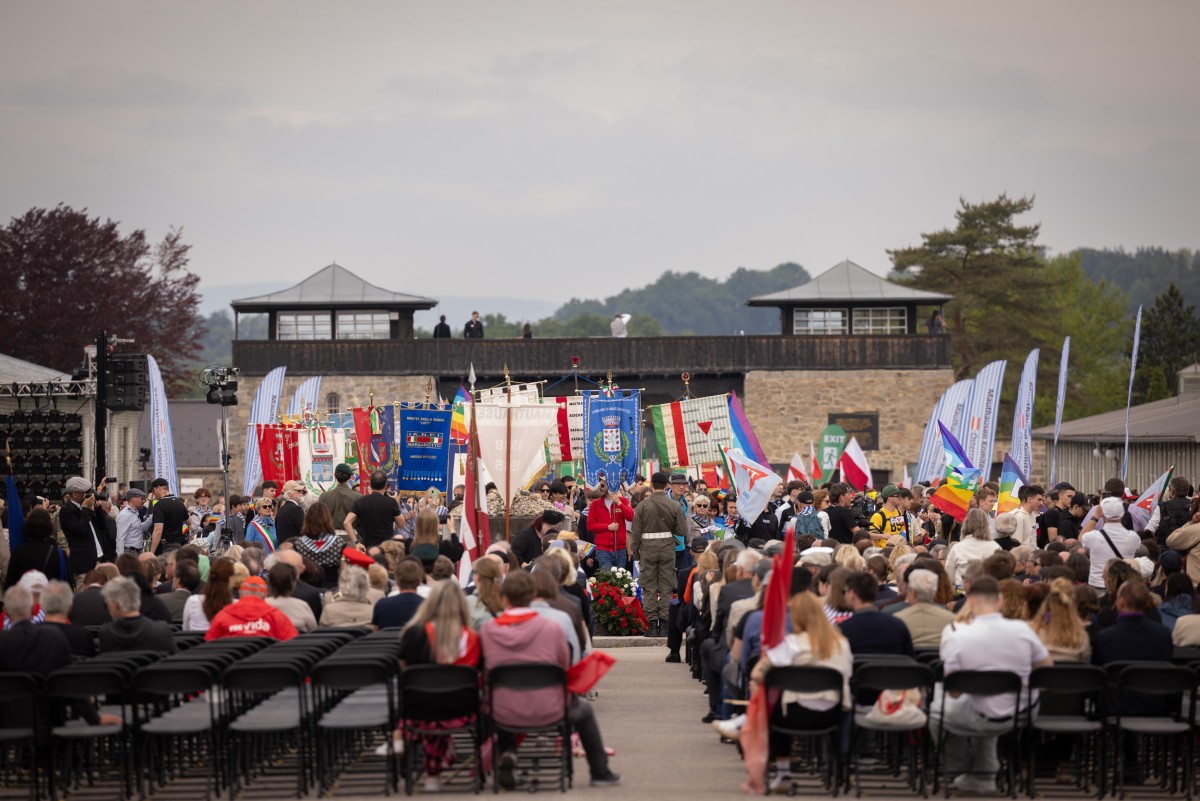Sponsored Content
Remembering the Past, Preserving the Future: Liberation Ceremonies in Mauthausen and Melk
In an impressive gathering, thousands of people commemorated the liberation of the Mauthausen concentration camp and its satellite camps to keep the lessons of history alive and fight against forgetting. International delegations, including high-ranking representatives from politics and society, gathered to underline the importance of law and justice and to honor the victims of National Socialism.
 The liberation ceremonies at Mauthausen Concentration Camp and its subcamps provide a platform not only for commemoration for Austria and international delegations, but also for international commitment in the fight against forgetting. / Picture: © Österreichische Präsidentschaftskanzlei / Peter Lechner/HBF
The liberation ceremonies at Mauthausen Concentration Camp and its subcamps provide a platform not only for commemoration for Austria and international delegations, but also for international commitment in the fight against forgetting. / Picture: © Österreichische Präsidentschaftskanzlei / Peter Lechner/HBF
To commemorate the liberation of the Mauthausen concentration camp 79 years ago, over 9,000 people, including 3,000 young people. This largest European liberation ceremony, organized by the Mauthausen Committee Austria, the Comité International de Mauthausen, and the Austrian Camp Community, was held under the motto "Law and Justice under National Socialism". During the ceremony,…
or Log In
Fast News Search





